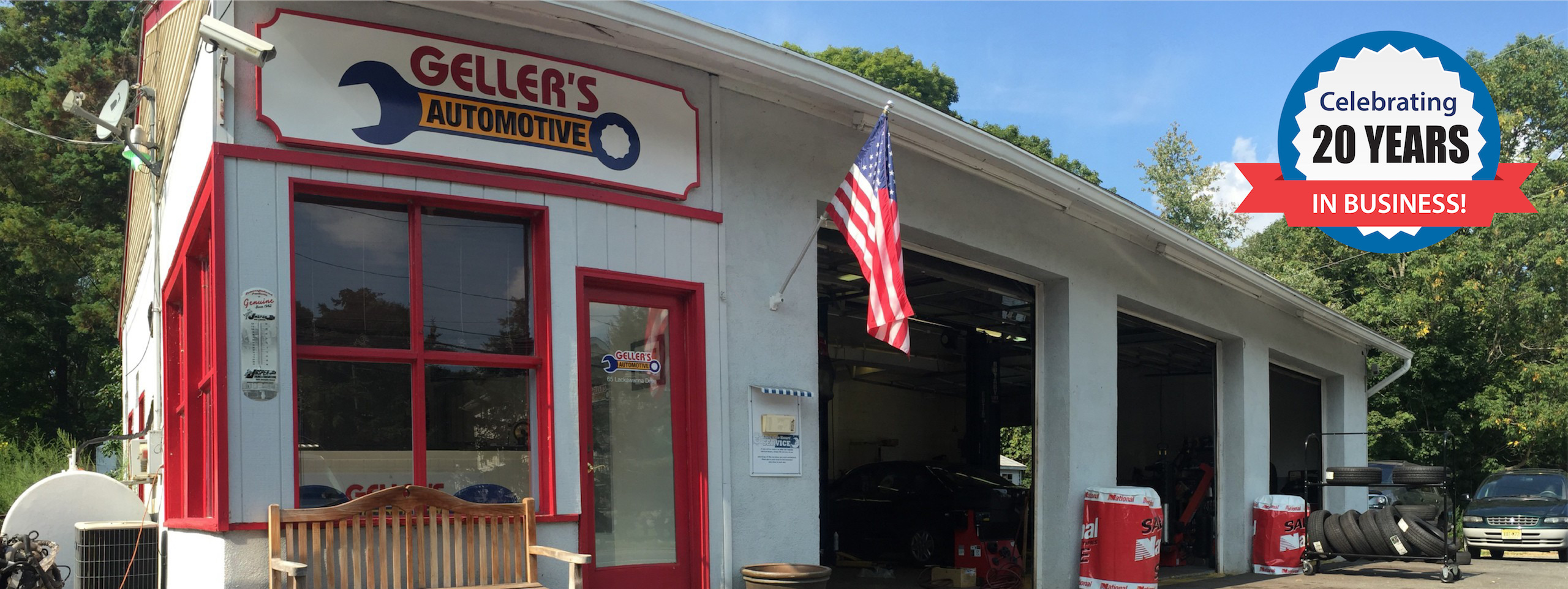
Winter is here, and with it comes the challenge of withstanding the harsh elements of the season. Cold weather can affect your vehicle’s engine, fluids, tires, and more, leading to reduced performance, increased wear, and potential damage. In this blog post, we explain how winter weather affects your vehicle, what signs to look for when there are problems, and how to combat winter weather damage in your vehicle.
How Winter Weather Affects Your Vehicle
Cold weather causes your vehicle’s engine to work harder and can lead to premature wear or damage. Here are some of the main effects of winter weather on your vehicle’s engine:
- Oil: Oil is thicker in the cold, causing it to be a less effective lubricant. Without proper lubrication, your vehicle’s engine’s internal components begin to wear out faster. Some drivers and mechanics recommend switching to low-viscosity oil, like fully synthetic products, to help prevent thickening problems within your engine.
- Coolant: Coolant is less effective at reducing heat, created by the moving engine components. If the heat gets too extreme, the internal parts can degrade and wear out faster. In severe cases, the engine can overheat, crack, or seize up.
- Engine Block: The engine block can crack if the coolant freezes inside it. This can happen if the coolant is not mixed with enough antifreeze, or if the coolant level is too low. A cracked engine block can cause coolant leaks, oil leaks, or complete engine failure.
Signs of Winter Damage
If you notice any of the following signs, your vehicle may have winter weather damage and need professional attention:
- The engine is stalling or hesitating when you start or drive your vehicle. This could indicate that the oil is too thick, or the fuel system is clogged by water or dirt.
- The engine is overheating, or smoke is coming from under the hood. This could indicate that the coolant is not circulating properly, or the radiator is blocked by snow or ice.
- The coolant or oil is leaking under your vehicle. This could indicate that the engine block, head gasket, or other parts are cracked or damaged.
- The tire pressure is low or there is poor tire traction. This could indicate that the tires are underinflated, worn out, or not suitable for winter driving.
How to Combat Winter Weather Damage in Your Vehicle
The best way to prevent winter weather damage in your vehicle is to prepare your vehicle before the cold season and maintain it regularly during the winter. Here are some tips to help you protect your vehicle from winter weather damage:
- Check and change oil according to manufacturer specifications. Make sure to use the right oil and viscosity for your specific vehicle and the weather conditions.
- Check and add coolant (when necessary). Make sure that the coolant is mixed with enough antifreeze.
- Check tire pressure and maintain proper inflation. Use winter tires or all-season tires if you are consistently driving in snowy or icy conditions. Keep them inflated according to manufacturer specifications.
- Keep your fuel tank full at above a half tank of gasoline. This will prevent water from condensing and freezing in the fuel lines.
- Keep your vehicle clean from road salt and dirt to avoid rusting and corrosion.
Winter weather can be harsh on your vehicle, but with proper maintenance, you can keep your vehicle running smoothly and safely. Follow these tips and consult with the service professionals at Geller’s Automotive if you have any questions or concerns about your vehicle’s condition. Stay warm and drive safe!



